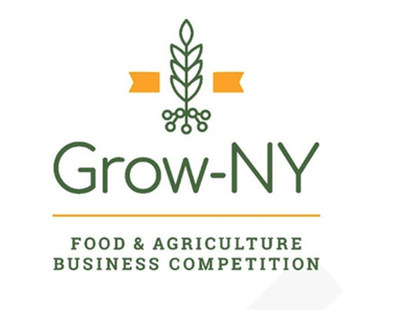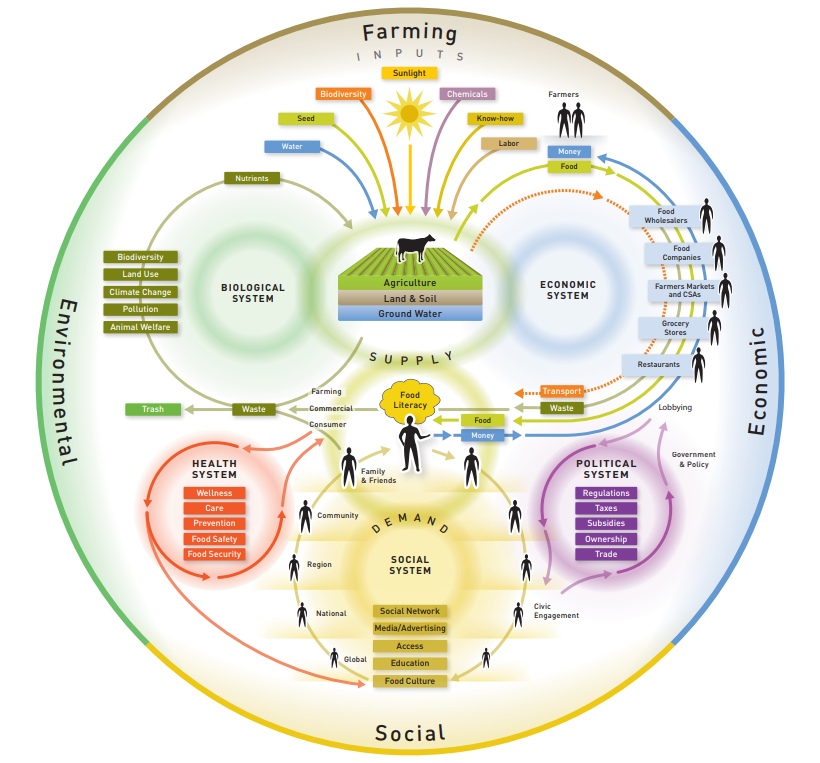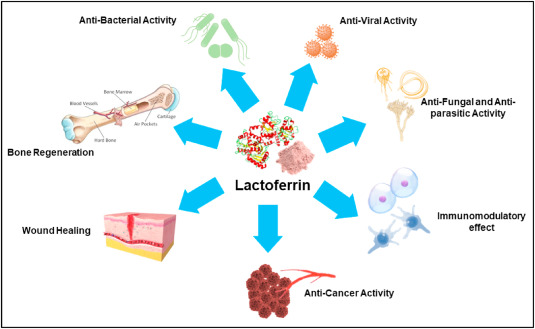Can food and AgTech save the world? That was the topic of a
livestreamed fireside chat at Grow-NY, a
business competition where innovative food and agriculture technology startups
compete for prize money – including a top prize of $1 million. The interviewer,
Laura Reiley, is a staff writer for the Cornell Chronicle, the daily newspaper
at Cornell University in Ithaca, New York. She spoke with Nate Salpeter, co-founder
of the Sweet Farm Foundation and a venture capitalist.
Food System Complexity
Salpeter is a nuclear engineer, fluid dynamicist, and part-time farmer whose non-profit foundation focuses on food-related issues. He started farming in California but moved to upstate New York after wildfires devastated his property. Today, Salpeter said that “the food system is more complicated than nuclear power” because the size of a nuclear reactor is limited and the timescales range from milliseconds to a few weeks at most.
By contrast, the food system is larger both in terms of time and space. Soil formation can require hundreds to thousands of years, and scientists need to look at everything from tiny molecules to global weather systems. There’s also the matter of complexity. Food systems have more inputs, are affected by a greater number of variables, and are the subject of difficult policy decisions around issues such as climate change.
The Singapore Example
This prompted the interviewer, Laura Reiley, to ask Salpeter whether improved food systems are a potential solution to global challenges. He cited Singapore as a potential model. Fifteen years ago, the tropical island in Southeast Asia determined that it wanted to be 30% self-sufficient in food production by 2030. As a venture capitalist, Salpeter was asked to fund various companies, including one called TurtleTree.
Singapore wasn’t an AgTech hub, but Salpeter funded TurtleTree because it had developed the world’s first sustainably-produced lactoferrin made with precision fermentation technology. Lactoferrin, a protein found in cow’s milk, is added to infant formula to support immune system development. The investment proved to be profitable after Abbott Laboratories, one of just four companies that produce 90% of U.S. formula, shuttered a plant due to contamination.
Solving Problems with Plants
The 2022 baby formula shortage isn’t top of mind for farmers these days, but problems with plants often are. InnerPlant, another company that Salpeter has funded, is engineering plants to emit a specific light signal depending on whether a plant is harmed by fungus, pests, or water stress. By placing a filter over a smartphone or drone camera, a farmer can determine why a tomato or soybean plant is struggling – and before a problem like fungus affects an entire field. This approach helps farmers manage their crops quickly and efficiently while identifying a problem area.
Importantly, the food and AgTech companies that Nate Salpeter funds develop technologies with multiple applications, including in industry. He cited the example of a startup that’s found a way to turn wood cellulose waste into ingredients that can be used in sunscreens and paints. Whether food and AgTech innovations can save the world is an open question, but it won’t happen without investments like this.


